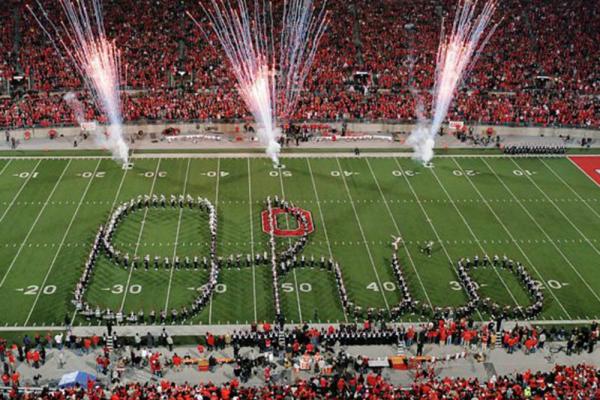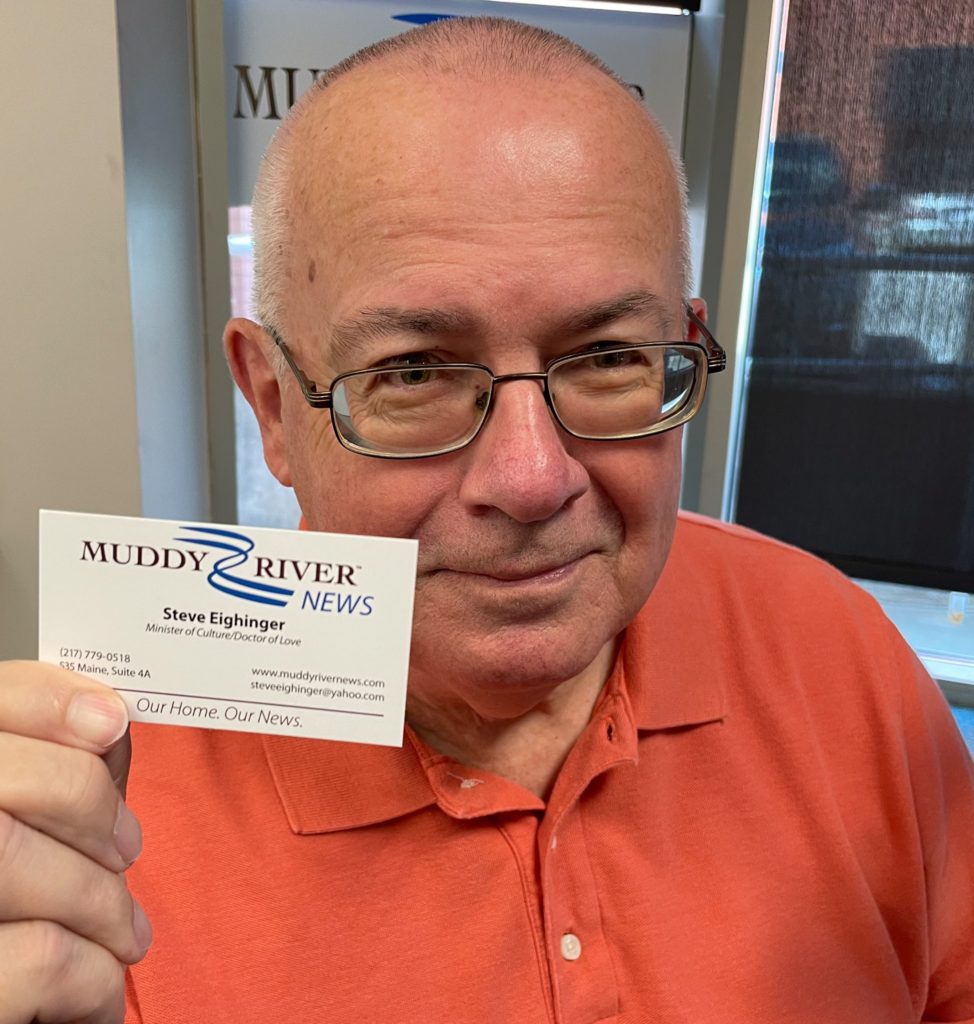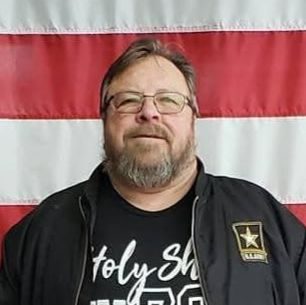Eighinger: ‘Woooooooooo, Pig! Sooie!’ It’s all about tradition

College football kicks off in earnest this weekend, and I couldn’t be happier. There’s something special about those Saturday afternoons and evenings of college football that separates the sport from its high school and NFL cousins.
More than anything else, I think what helps build those legions of college football fans are the long and storied traditions connected with many of the premier programs. Growing up in Ohio, I remember how special Ohio State’s pregame “Script Ohio” and the dotting of the “I” was — and is. Fans of Notre Dame, Texas and other megapowers have similar stories and memories.
I’ll turn 68 during the upcoming season, and for most of those years I have spent my Saturdays in the fall enjoying the spectacle of college football. Granted, the wins and losses are important — who are we kidding, right? — but the following game-day traditions are what help make the college sport just a little more important than those final scores:
That “Script Ohio” thing I mentioned earlier is arguably the best-known of all the college football band performances. This tradition dates to the 1930s — what NFL “tradition” dates back that far? — and brings more than 100,000 fans at Ohio Stadium to their feet each and every home game.
One of the most underrated traditions can be found at West Virginia’s Mountaineer Field. Since 1972, “Take Me Home Country Roads” by John Denver has been the team’s theme song. Denver even performed the song live during 1980 homecoming festivities. West Virginia players and fans sing it together before each game and after every victory.
I’m always excited when one of the Arkansas Razorbacks games are televised and we get to here the famous “Call Those Hogs” cheer: “Woooooooooo, Pig! Sooie! Woooooooooo, Pig! Sooie! Woooooooooo, Pig! Sooie! Razorbacks!” The tradition is believed to have started at some point in the 1920s.
The Oklahoma Sooners can put on a good show, too. With two ponies leading the way, Boomer and Sooner, the Sooner Schooner covered wagon makes its way on to the field after every Oklahoma score. The tradition dates to 1964.
Florida State is famous for its pregame ceremony that showcases a portrayal of Seminole Indian leader Osceola and his horse, Renegade. At the beginning of every home game, Osceola plants a flaming spear at midfield. It’s been a tradition since 1978.
Many teams touch or tap some sort of good luck charm prior to the start of a game, but none is more famous than Notre Dame players’ slapping the “Play Like a Champion” sign. That tradition would not have existed without former coach Lou Holtz. In 1986, Holtz saw an old picture with the phrase and decided he wanted one just like it outside the Notre Dame locker room to inspire the Irish players. That sign has been there ever since.
If I Had My Way …
Each of the major TV networks would be required to produce a weekly music series reminiscent of the old “American Bandstand,” “Hullabaloo” and “Shindig” programs that were extremely popular decades ago.
Speaking of TV reboots, how about bringing back modern versions of “The Newlywed Game” and “The Dating Game”? Replacing the legendary Bob Eubanks as the newlywed host could be one of two likeable characters, Michael Strahan or Steve Harvey. Two potential dating show hosts that immediately come to mind are the smart-alecky Jimmy Kimmel or the dry wit of Snoop Dogg — either would be more than an adequate replacement for Jim Lange.
Any eating establishment unable to provide crushed ice for a soft drink would be subject to fine. Any eating establishment serving cold (or almost cold) French fries would also be subject to fine. Soggy fries would count, too. There is absolutely no excuse for a fry to be served past its prime.
Major League Baseball would add two expansion teams, making for a 32-team field that would be broken into eight four-team divisions — four in each league. The four division champs from each league, plus two wild cards, would make up each circuit’s playoff bracket. The two division champs with the best record(s) would receive first-round byes in both six-team brackets. Each of the four first-round series would be best-of-three, each of the semifinal rounds in both leagues would be three-of-five. The ALCS and NLCS would each remain best-of-seven, as would the World Series. The best part of all this would be eliminating the current (and silly) one-game, sudden death playoff game for the two wild-card teams.
Top 5
Thanks to movies and television, we’re all familiar with many of the names from the old wild west. But how many of those well-known monikers were actually the real names of those cowboys, cowgals, lawmen and outlaws? Here are five of the west’s better-known characters whose given name was quite different than the one that wound up on their tombstones:
Billy the Kid: William Henry McCatty was his actual name, although he was also known as William Bonney and Henry Antrim.
Annie Oakley: Phoebe Ann Oakley Moses was the name on her birth certificate.
Black Bart: This gunslinger’s given name was Charles E. Boles.
Butch Cassidy and the Sundance Kid: Robert LeRoy Parker and Henry Alonzo Longabaugh — not Paul Newman and Robert Redford — were their real names.
Calamity Jane: Martha Jane Cannary somehow morphed into her calamitous alter ego.

Steve Eighinger writes daily for Muddy River News. He will play Woody Hayes in an upcoming biopic.
Miss Clipping Out Stories to Save for Later?
Click the Purchase Story button below to order a print of this story. We will print it for you on matte photo paper to keep forever.

